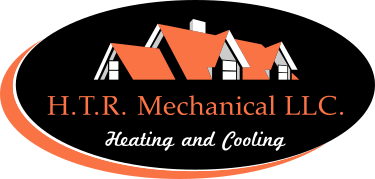Beat the Heat: Your Complete HVAC Heatwave Preparation Guide
Summer heat waves are becoming more frequent and intense across the United States. According to the Environmental Protection Agency, these extreme weather events have increased significantly over the past 60 years, with some regions experiencing temperatures exceeding 100°F for days at a time. When scorching temperatures hit, your HVAC system becomes your lifeline to comfort and safety.
Preparing your heating, ventilation, and air conditioning system for extreme heat isn’t just about comfort, it’s about protecting your investment and ensuring your family’s well-being. A well-maintained system can handle the demands of a heat wave, while a neglected one may fail when you need it most.
Understanding Heat Waves and Their Impact
Heat waves are periods of abnormally hot weather lasting two or more days, with temperatures well above historical averages for a given area. What constitutes a heat wave varies by location—a 90°F day might be extreme in Minnesota but typical in Arizona.
Climate change has intensified these events, making them more frequent and severe. The summer of 2023 broke temperature records across Texas and many other states, highlighting the growing need for reliable cooling systems.
How Heat Waves Stress Your HVAC System
During extreme heat, your air conditioning system faces unprecedented demands. The unit must work harder and run longer to maintain comfortable indoor temperatures, leading to:
- Increased energy consumption and higher utility bills
- Accelerated wear on critical components like compressors and fans
- Greater risk of system breakdowns
- Reduced efficiency, especially in older units
- Potential overheating of electrical components
Pre-Heatwave HVAC System Inspection
The key to surviving a heat wave is preparation. Schedule a professional HVAC inspection during spring, before the brutal summer heat arrives. This proactive approach can prevent costly breakdowns when temperatures soar.
What Professional Inspections Include
A qualified technician will examine your system thoroughly, checking:
Refrigerant levels and potential leaks
Low refrigerant forces your system to work harder
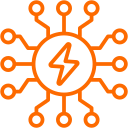
Electrical connections
Loose connections can cause dangerous malfunctions
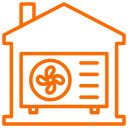
Fan operation and motor condition
Proper airflow is essential for cooling

Condenser coils
Clean coils improve heat transfer efficiency

Thermostat calibration
Accurate temperature control prevents unnecessary strain
Signs Your System Needs Professional Attention
Don’t wait for complete failure. Contact a professional if you notice:

Unusual noises like banging, clanking, or buzzing
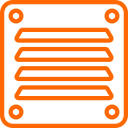
Weak airflow from vents
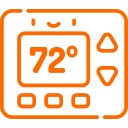
Inconsistent cooling between rooms

Frequent cycling on and off

Higher than normal energy bills
Essential Maintenance Tasks for Heat Wave Readiness
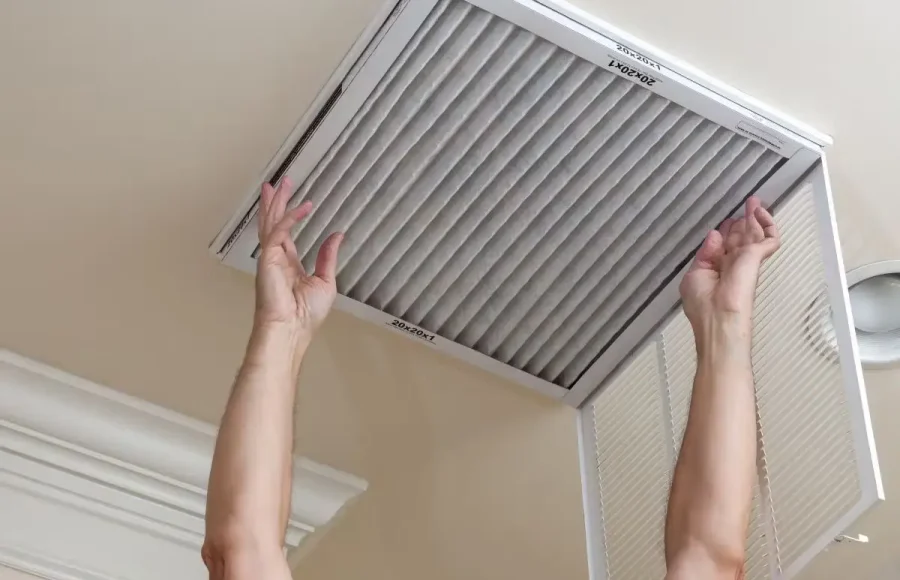
Change Filters Regularly
Clean air filters are your first line of defense against system strain. Dirty filters restrict airflow, forcing your system to work harder and consume more energy. During heat waves, consider checking filters more frequently than the standard monthly recommendation.
Filter replacement schedule:
- Standard 1-inch filters: Every 30 days
- High-quality pleated filters: Every 2-3 months
- HEPA filters: Follow manufacturer recommendations
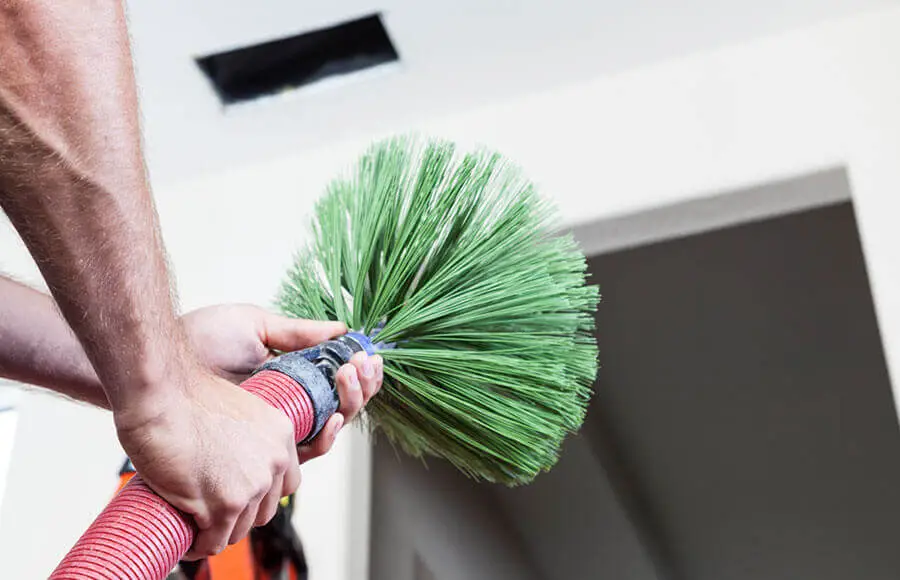
Clear Vents and Ducts
Ensure all supply and return vents are unobstructed. Remove furniture, curtains, or other items blocking airflow. Consider professional duct cleaning if you notice dust buildup or restricted airflow throughout your home.

Maintain the Outdoor Unit
Your outdoor condenser unit needs adequate airflow to function efficiently. Clear away:
- Vegetation growing within 2 feet of the unit
- Debris like leaves, grass clippings, or trash
- Any objects blocking the unit’s sides or top
Optimizing Thermostat Settings for Extreme Heat
Recommended Temperature Settings
The Department of Energy suggests setting your thermostat to 78°F when home and 80°F when away. During heat waves, these settings help:
- Reduce strain on your system
- Lower energy consumption
- Prevent system overload during peak demand hours
Smart Thermostat Benefits
Programmable and smart thermostats offer significant advantages during heat waves:
- Automatic scheduling: Adjusts temperature based on occupancy
- Energy optimization: Reduces cooling during peak rate hours
- Remote control: Allows adjustments from anywhere
- Learning capabilities: Adapts to your preferences over time
Pre-Cooling Strategy
Start cooling your home 4-6 hours before peak temperatures hit. This pre-cooling approach:
- Takes advantage of cooler morning temperatures
- Reduces peak energy demand
- Helps your system maintain comfort more efficiently
- Lessens strain on the electrical grid

Improving Home Insulation and Efficiency
Block Heat Sources
Prevent excess heat from entering your home:
- Close curtains and blinds: Block direct sunlight during peak hours
- Use reflective window films: Reduce heat transfer through glass
- Install blackout curtains: Provide additional insulation
Seal Air Leaks
Inspect and seal gaps around:
- Windows and doors
- Electrical outlets on exterior walls
- Pipes and vents penetrating walls
- Attic access points
Use weatherstripping, caulk, or foam sealers to prevent cool air from escaping and hot air from entering.
Attic and Crawl Space Insulation
Proper insulation in these areas prevents heat from radiating into your living spaces, reducing the workload on your HVAC system.
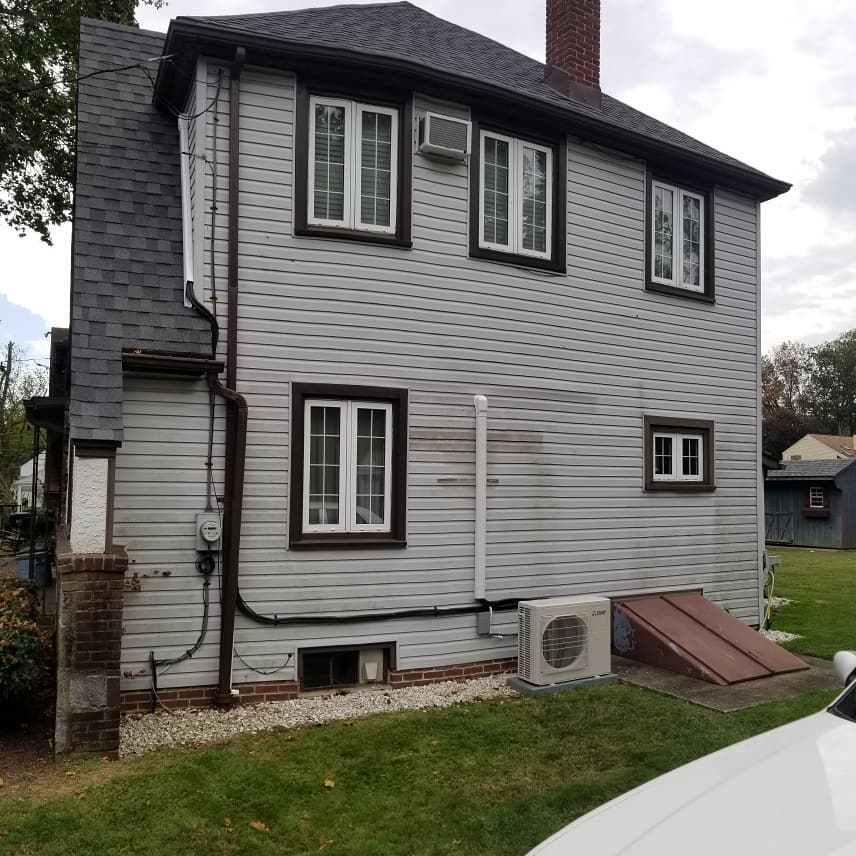
Additional Cooling Strategies

Maximize Air Circulation
Use ceiling fans to create wind chill effects, making you feel up to 4°F cooler. This allows you to set your thermostat higher while maintaining comfort. Run fans counterclockwise during summer to push cool air down.
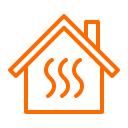
Reduce Heat Sources
Minimize heat generation inside your home:
- Use heat-generating appliances (dryers, ovens, dishwashers) after 8 PM
- Switch to LED light bulbs, which produce less heat
- Unplug electronics when not in use
- Cook outdoors when possible
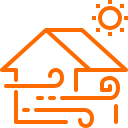
Strategic Ventilation
Open windows during cooler evening and early morning hours to flush out hot air. Close them before temperatures rise to trap the cool air inside.
Understanding Heat Wave Impact on HVAC Systems
Increased Component Stress
During extreme heat, every part of your HVAC system works overtime:
- Compressors face higher discharge pressures
- Condenser coils struggle to reject heat efficiently
- Electrical components risk overheating
- Ductwork may develop leaks from expansion and contraction
Efficiency Degradation
As outdoor temperatures rise, your system’s efficiency drops. Air conditioners are designed to work optimally at specific temperature ranges. When ambient temperatures exceed 95°F, even well-maintained systems experience:
- Reduced cooling capacity
- Increased energy consumption
- Longer run times to achieve desired temperatures
Peak Demand Challenges
Heat waves create peak electrical demand periods when everyone runs their air conditioning simultaneously. This can lead to:
- Rolling blackouts or brownouts
- Voltage fluctuations that damage HVAC equipment
- Higher electricity rates during peak hours
Benefits of Regular HVAC Maintenance
Extended System Lifespan
Regular maintenance can extend your HVAC system’s life by 5-10 years. This includes:
- Cleaning and lubricating moving parts
- Checking and tightening electrical connections
- Replacing worn components before they fail
- Maintaining proper refrigerant levels
Energy Savings
Well-maintained systems operate 15-20% more efficiently than neglected ones. This translates to:
- Lower monthly utility bills
- Reduced environmental impact
- Better return on your HVAC investment
Improved Indoor Air Quality
Clean filters and ductwork provide:
- Better filtration of allergens and pollutants
- Consistent airflow throughout your home
- Reduced humidity levels that prevent mold growth
Regular maintenance helps identify potential problems before they become expensive emergencies. This proactive approach saves money and prevents uncomfortable situations during extreme weather.
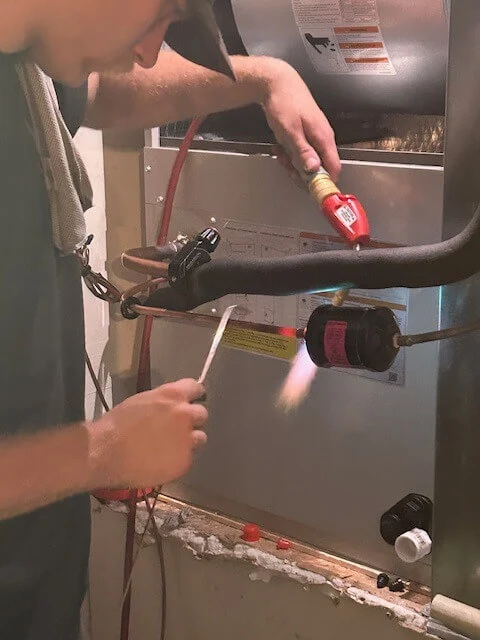
Preparing for Peak Performance
Heat wave preparation isn’t just about surviving extreme temperatures—it’s about ensuring your HVAC system performs efficiently and reliably when you need it most. By following these comprehensive preparation steps, you can maintain comfort while minimizing energy costs and system stress.
Remember that professional maintenance and timely repairs are investments in your home’s comfort and your family’s safety. Don’t wait until the first heat wave hits to discover problems with your system.
Contact Your Local HVAC Service Experts
Service Area:
Bensalem, Bristol, Doylestown, Feasterville, Glenside, Horsham, Langhorne, Levittown, Morrisville, Newtown, Southampton, Warminster, Yardley, greater Bucks County, and Montgomery County
Phone:
(267)798-5005
E-mail:
office@htrmechanical.com
Working Hours
Monday-Friday: 7AM – 5PM;
Saturday-Sunday: By Appointment
24/7 Emergency Service Availability
